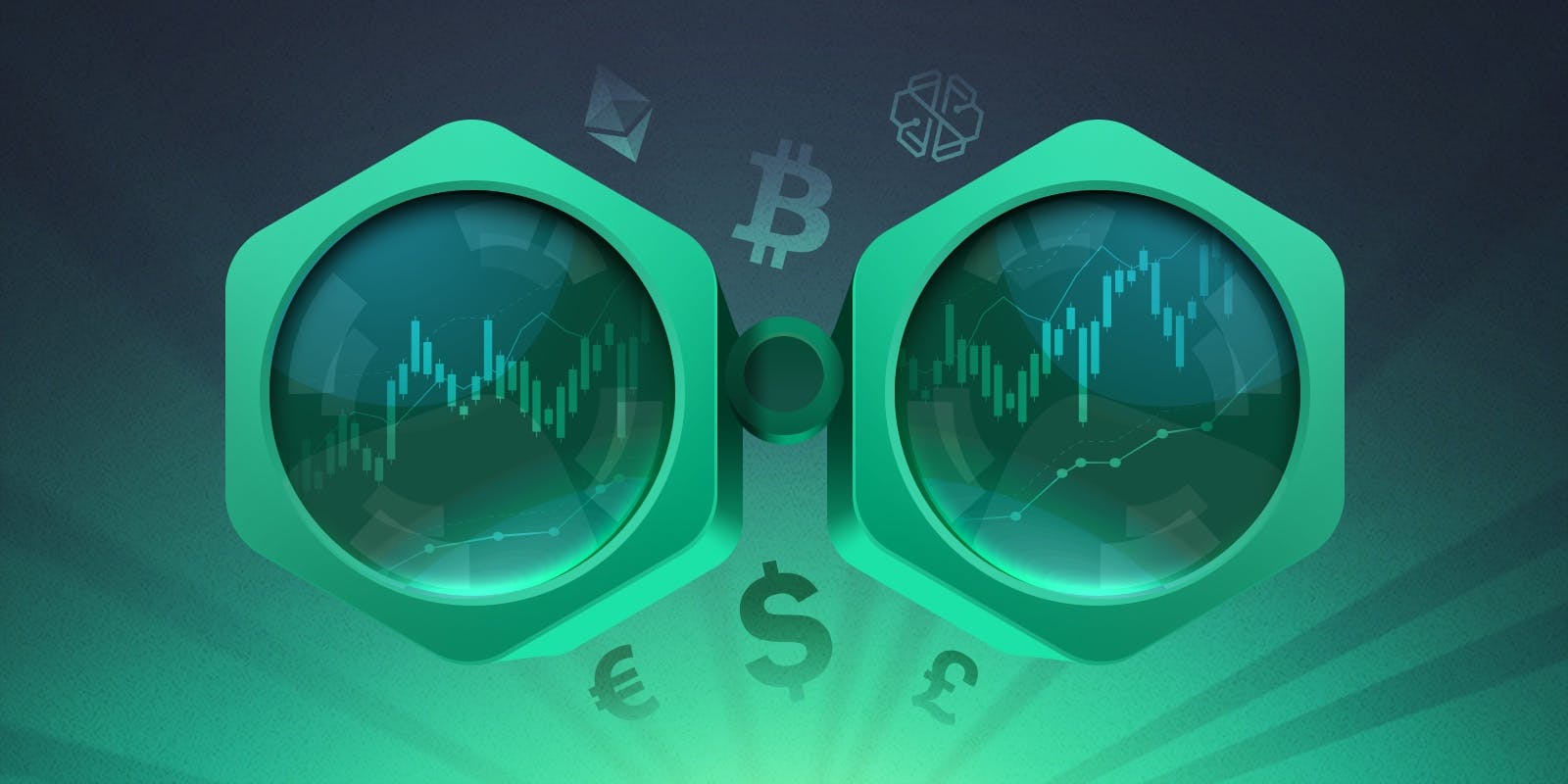The limitations of traditional finance
If you’re here, you’ll know that today’s financial industry is fully centralised. The power to manage and regulate money flow and supply of currencies, stocks, bonds, debt and rates is solely in the hands of a few central banks and their respective countries.
Indeed, banks and financial entities have near-total control over money and also dictate who can or cannot have access to financial services. This means that finance is not available to everyone and those who are within the system are also charged in order to keep their money in banks. For example, back in 2001, there wasn’t enough money for the population in Argentina and people could not withdraw cash. A similar phenomenon happened in Hong Kong very recently – the list goes on and on.
Bitcoin and altcoins have not opened the floodgates for these systems to be open and competitive. With bitcoin having disrupted what people consider as “money”, DeFi is now disrupting all the financial services that are built around money.
What is DeFi?
Decentralised Finance (DeFi) is an entire ecosystem whose goal is to give everyone access to traditional financial services through a borderless, permissionless and uncensored system built on the Ethereum blockchain.
This means serving the functions of traditional financial use-cases such as trading, lending, borrowing, payments and insurance – all of which can be coded into smart contracts used by DApps in order to create a peer-to-peer global financial network.
With DeFi, people have complete access and control over their assets as well as the decision they make when using them. Since most of the code of these DApps are in Ethereum smart contracts, the logic is accessible to anyone who can read it. Furthermore, some governance aspects are also decentralised, which gives decision making power to the people who hold a particular token and allows for more automation in the process.
Typically, the main use case for DeFi is for lending and borrowing. In essence, a user deposits their crypto into a smart contract, and when someone else borrows the funds s/he earns interest on that money. In plain English, the smart contracts connect borrowers and lenders while distributing interest – which creates the DeFi market. Some protocols like MakerDAO allows for token holders to vote on a variety of risk parameters, such as what collateral can be used, how much debt can be issued, and the fees charged.
Why DeFi?
Fundamentally, DeFi democratises access to finance for anyone with internet access. Today’s financial sector does not allow access of services to people that don’t meet certain criteria such as financial status, geographic location, currency, income, age or profession. This poses a major threat to global economic growth and serves to increase the gap between the “haves and have nots”.
Now that censorship resistant money exists in the form of bitcoin, it’s only natural that financial services will follow in the same vein. And while the challenges and knowledge barriers have yet to be overcome, there will be a time when DeFi becomes as seamless as what we’re used to today. The onset of DeFi is essentially the start of a peer-to-peer and sophisticated money protocol which will redefine the standard of finance as we currently know it.
Blockchain’s crowned jewel?
DeFi is potentially one of the crown jewels of blockchain technology as it promises an open and peer-to-peer financial system that focuses on including those who otherwise have limited or no access to money markets.
According to DeFi Pulse – which is considered as the industry data gold standard – some $14.7 billion have already been allocated in various platforms as the sub-sector begins to inch into the mainstream.
Needless to say, as the space grows in tandem with its use-cases, it’s conceivable that DeFi would increasingly become a more dominant talking point in both traditional and cryptocurrency financial circles.
The clock is ticking and the game is on.
